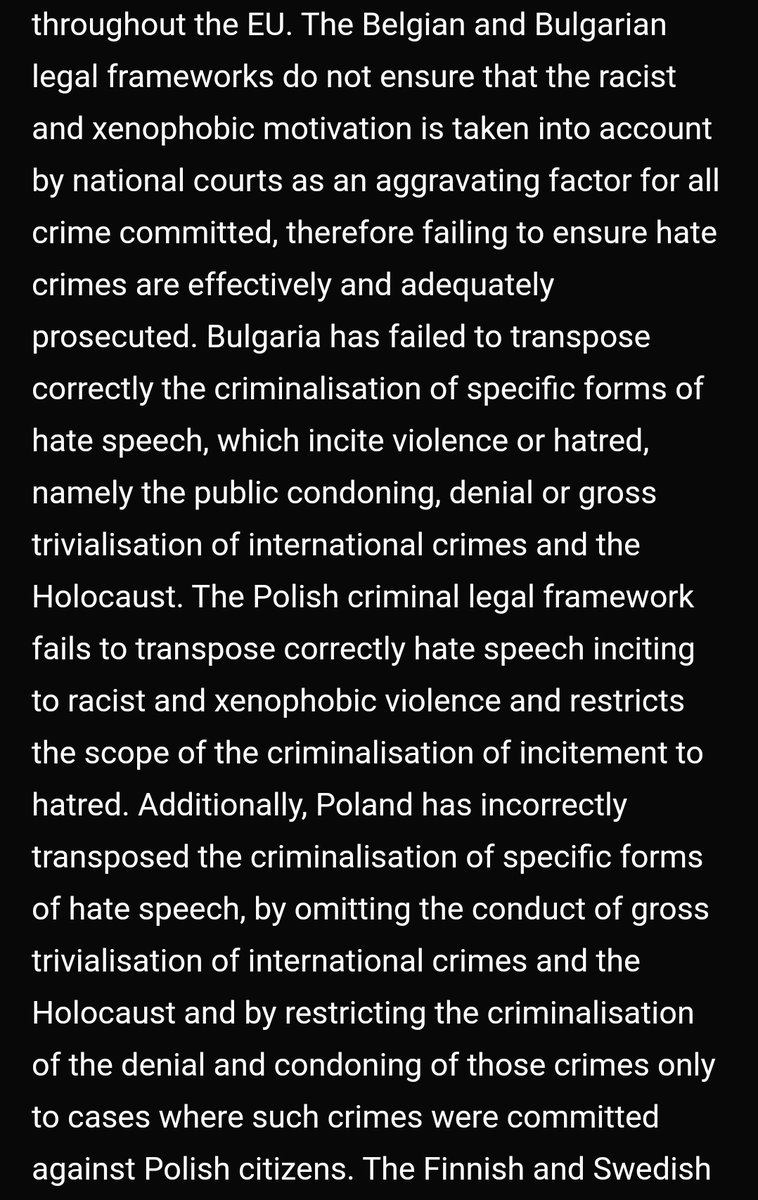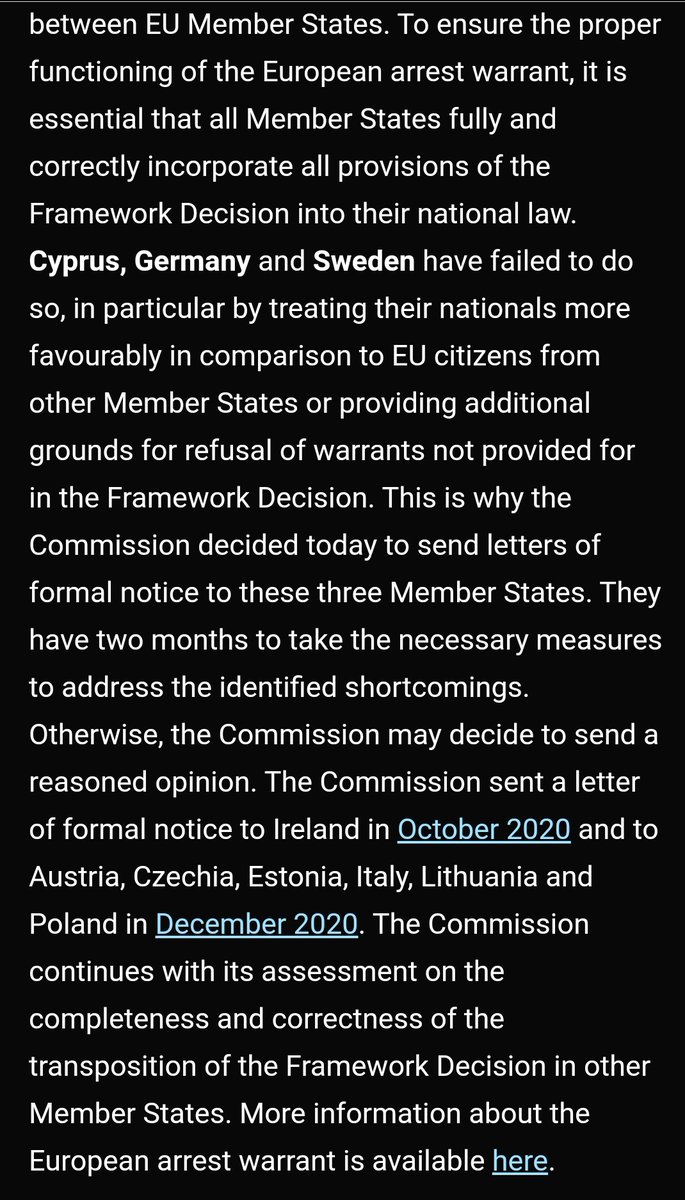
CJEU, rule of law
AG opinion - Romanian decisions re judiciary did not infringe principle of judicial independence, but do infringe EU rules re fraud against EU budget: curia.europa.eu/jcms/upload/do…
AG opinion - Romanian decisions re judiciary did not infringe principle of judicial independence, but do infringe EU rules re fraud against EU budget: curia.europa.eu/jcms/upload/do…
CJEU, football and State aid
New judgment: CJEU upholds Commission decision that special tax regime for FC Barcelona and three other Spanish clubs was illegal State aid: curia.europa.eu/jcms/upload/do…
New judgment: CJEU upholds Commission decision that special tax regime for FC Barcelona and three other Spanish clubs was illegal State aid: curia.europa.eu/jcms/upload/do…
CJEU, environmental law
New judgment: UK breached air pollution law re large parts of the country: curia.europa.eu/juris/document…
(CJEU retains jurisdiction to rule on cases involving the UK brought before end of the transition period)
New judgment: UK breached air pollution law re large parts of the country: curia.europa.eu/juris/document…
(CJEU retains jurisdiction to rule on cases involving the UK brought before end of the transition period)
More precisely - CJEU ruled today that UK breached nitrogen oxide limits re Greater London, West Midlands, Greater Manchester, W Yorkshire, Teesside, the Potteries, Hull, Southampton, Glasgow, Eastern England, South East, E Midlands, NW & Merseyside, and the North East
CJEU, immigration law
New judgment: Member State can issue a residence permit to a non-EU citizen on grounds of family life, even if another Schengen state has issued an alert to refuse him entry: curia.europa.eu/juris/document…
New judgment: Member State can issue a residence permit to a non-EU citizen on grounds of family life, even if another Schengen state has issued an alert to refuse him entry: curia.europa.eu/juris/document…
• • •
Missing some Tweet in this thread? You can try to
force a refresh








